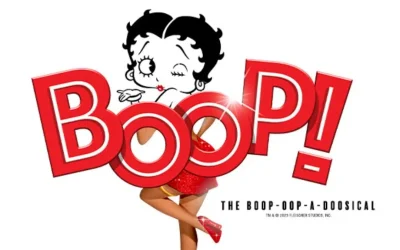Having weighed written testimony from several industry professionals but ultimately deciding their arguments were unpersuasive, the U.S. Department of Justice (DOJ) this week submitted its last report to the court recommending the merger of Ticketmaster and Live Nation receive final approval.
The move was not entirely unexpected, considering the DOJ spent months negotiating a deal with the two companies in an attempt to make the merger more palatable to consumers, promoters, venues, artists, brokers and others who often fiercely complained of the partnership.
Ultimately, those complaints, including accusations that Live Nation Entertainment – as it is now called – would have an unstoppable monopoly, were brushed aside by attorneys for the DOJ, who believe the conditions they imposed on the merger will adequately address those concerns. The DOJ’s filing goes before U.S. District Court Judge Rosemary M. Collyer for the final approval, but a time frame for when her decision will be rendered is not known. Live Nation Entertainment has been operating as a single entity since late January of this year.
“In sum, the perpetual license of the Ticketmaster Host platform, the divestiture of Paciolan, and the conduct remedies will ensure that major concert venues will continue to receive the benefits of competition in the primary ticketing services market that otherwise would be lost as a result of the merger,” the report states.
Later, it adds, “After careful consideration of the public comments, the United States concludes that entry of the proposed Final Judgment will provide an effective and appropriate remedy for the antitrust violations alleged in the Amended Complaint and is therefore in the public interest. Accordingly, after the comments and this Response are published, the United States will move this Court to enter the proposed Final Judgment.”
A Live Nation Entertainment spokesperson did not return a message seeking comment.
Concert promoters Seth Hurwitz (I.M.P.), Jerry Mickelson (Jam Productions) and Jack Orbin (Stone City Attractions) were the most vocal critics of the merger because they believe, among other things, that Live Nation will be able to use their competitive business information against them when creating new promotional opportunities.
“The fact is that [DOJ conditions are] easily defeated by tying up every other facet of the business. If this were not the case, then [Ticketmaster and Live Nation] should readily accept any limits proposed on them to do that. But they won’t, because they know better than anyone how to beat this. Having competition in the ticketing sector is meaningless if those newly created competitors have no shows to sell tickets to,” Hurwitz told TicketNews in early May.
By requiring Live Nation Entertainment to sell off the primary ticketing division Paciolan to Comcast-Spectacor, and license its ticketing software to rival promotions company Anschutz Entertainment Group (AEG), the DOJ sought to prop up two new ticketing competitors to Ticketmaster, but neither move addressed the concerns of independent promoters, Hurwitz, Mickelson and Orbin believe.
DOJ counters that its attorneys “thoroughly investigated the effect of the vertical merger of Live Nation’s promotion business with Ticketmaster’s ticketing and artist management businesses. Based on the evidence uncovered in the Department’s investigation, the United States did not find that the merger would significantly harm competition in the concert promotion business.”
U.S. Rep. Bill Pascrell, Jr. of New Jersey, a vocal critic of the merger, blasted the DOJ’s final decision. “I think this was a horrendous decision, and another example of the flawed policy of the Justice Department that started under the Bush Administration of ‘see nothing, hear nothing.'”
Pascrell, who continues to push for adoption of his proposed federal ticketing legislation, questions how DOJ will continue to monitor the combined company in the future, something it promised to do.
“There’s no real, robust oversight. I’m very concerned and unhappy about it,” he said, adding that he will continue to speak with promoters and or groups who opposed the merger, who he believes should not rule out filing class action lawsuits against the company.



